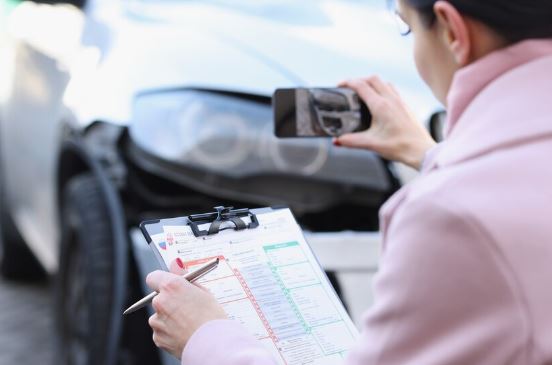Safe driving is important whenever an employee, worker, or volunteer drives a company car. Before hiring someone, some companies check their driving record, which is also called a motor vehicle record (MVR). Driving history, including license type and status, accidents, and DUI or reckless driving charges, are included on an MVR report. An MVR driving record may assist companies in deciding whether a job candidate or employee is legally authorized to drive and if their driving is risk-free and insured.
Why are MVR Checks Important?
A motor vehicle record (MVR) search may reveal several things about a person’s driving history, including:
- Status of License
Viewing someone’s driving record can show if their license is legal, suspended, or canceled. According to most reports, if the driver does not have a license, an answer will be included.

- Type of License
Your driver’s license type, like commercial or non-commercial, is shown on your MVR. Additional limits or special agreements may be included. If the applicant has a business driver’s license, the kind of class will be displayed.
- Traffic Offenses
You can see a lot of different moving charges on your driving record, from speeding to not giving way to another vehicle. Based on the state’s driving rules, the record may have different types of notes, though.
- Reports of Accidents
In most cases, the MVR services will include information on accidents, including whether or not the event resulted in property damage, injuries, or fatalities. Sometimes, these are called crash reports.

Reasons You Might Want to Look at Your Driving Record
Employers may check the MVR driving record of job applicants and current workers for the following basic reasons:
- Workplace Safety Driving
Your company’s image can also be hurt by unsafe driving or crashes. Not all jobs require drivers, but companies need to make sure their drivers are safe when they’re doing things like business driving, driving a company car or van, running big machinery, or going from one place to another.
- Needs for Commercial Driving
All professional drivers must obtain a DOT background check before starting employment for an interstate trading firm and annually after that. If your organization carries hazardous chemicals, commercial vehicles, or nine-seat passenger cars, FMCSA rules may apply.
Bus, truck, paratransit vehicle, ambulance, and taxi drivers must also undergo pre-employment MVR exams. The legislation also compels corporations to join a pull-notice system that notifies drivers on prior charges, wrecks, license suspensions or revocations, and DMV actions.
- Risk and Insurance management
You may reduce risks by checking an applicant’s driving record. If your workers have traffic tickets or accidents, it may be tougher to acquire or retain company insurance. If driving isn’t a must-have for the job, you may decide not to give an employee the green light to drive on the job or reject an application altogether.
Conclusion
In addition to reviewing pertinent background information like employment or educational records, you should review driving records of individuals whose positions require them to drive. Remember that MVR checks are only a part of a comprehensive background check. As a service provider, NTA Testing can assist you in setting up a thorough background check procedure.

